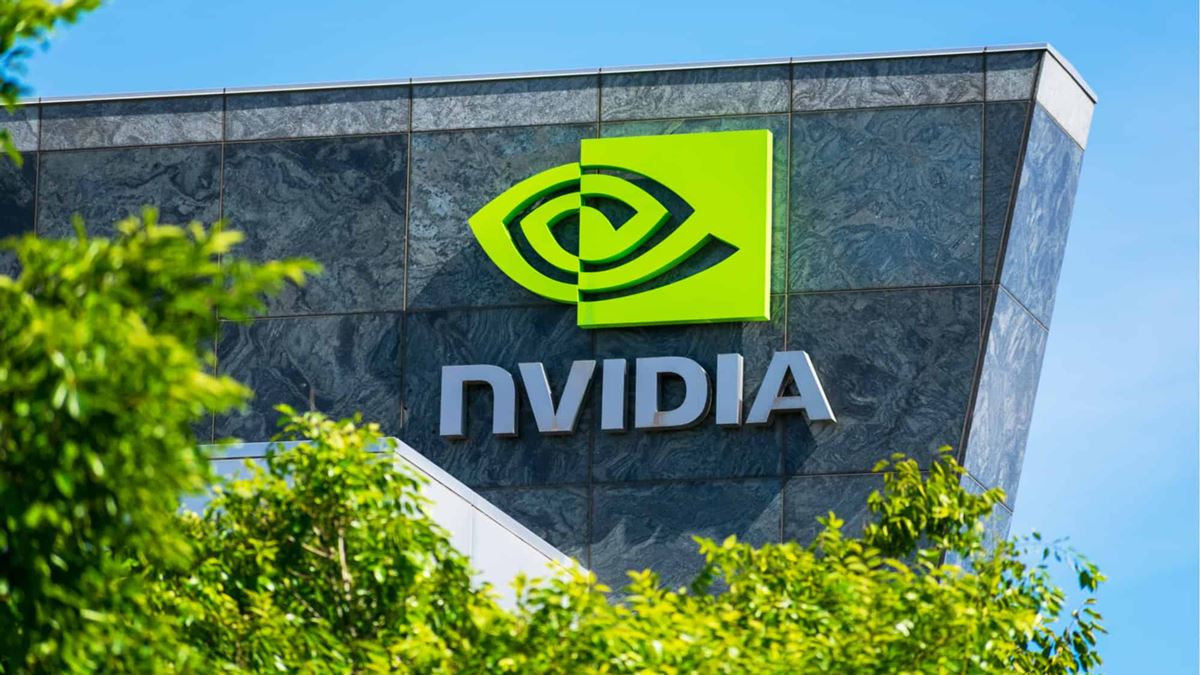Nvidia CEO Jensen Huang has said that he personally reviews the compensation of every one of the company’s 42,000 employees. Speaking on the All-In podcast during an AI-focused panel discussion, Huang described the process as a central part of his management strategy, one that has benefited the company at every level, including its top executives.
Huang explained that he manages to make time for the salary review despite his schedule. He uses machine learning tools and other technology to help process the data each month. “I review everybody’s compensation, up to this day, at the end of every cycle. They send me everybody’s recommended comp. I go through the whole company. I sort through all 42,000 employees, and 100% of the time I increase the company’s spend on opex,” he said.
The Nvidia chief also addressed speculation that he maintains a hidden reserve of stock options to reward high-performing employees. Without confirming such a reserve, he emphasised his belief in competitive pay. “If you take care of people, everything else takes care of itself,” he said. Huang added that this approach has helped retain and reward leadership talent, noting that he has “created more billionaires” on his management team than any other CEO in the world. “They’re doing just fine. Don’t feel sad for anybody at my layer,” he remarked.
The strategy appears to have paid off for Nvidia’s senior leadership. A sharp rise in the company’s stock price recently pushed three of its board members into the billionaire ranks. Last year, Huang himself entered the Forbes list of the world’s top 10 wealthiest individuals for the first time. He maintained that his goal is to compensate employees at all levels handsomely, not just the top tier.
In the same podcast, Huang spoke about the power of mid-sized, well-funded teams to deliver major technological breakthroughs. He cited examples of OpenAI, which began with around 150 employees, and China’s DeepSeek, which has a similar headcount. “That’s not a small team. That’s a good-sized team with the right infrastructure… If you’re willing to pay, say, $20 billion, $30 billion to buy a startup with 150 AI researchers, why wouldn’t you pay one?” he said.
Huang argued that with the right funding and resources, teams of that size can “create wonders” in the field of AI. His comments underline his belief that investment in talent, whether in small specialist groups or across the entire organisation, is the foundation of long-term success.




















